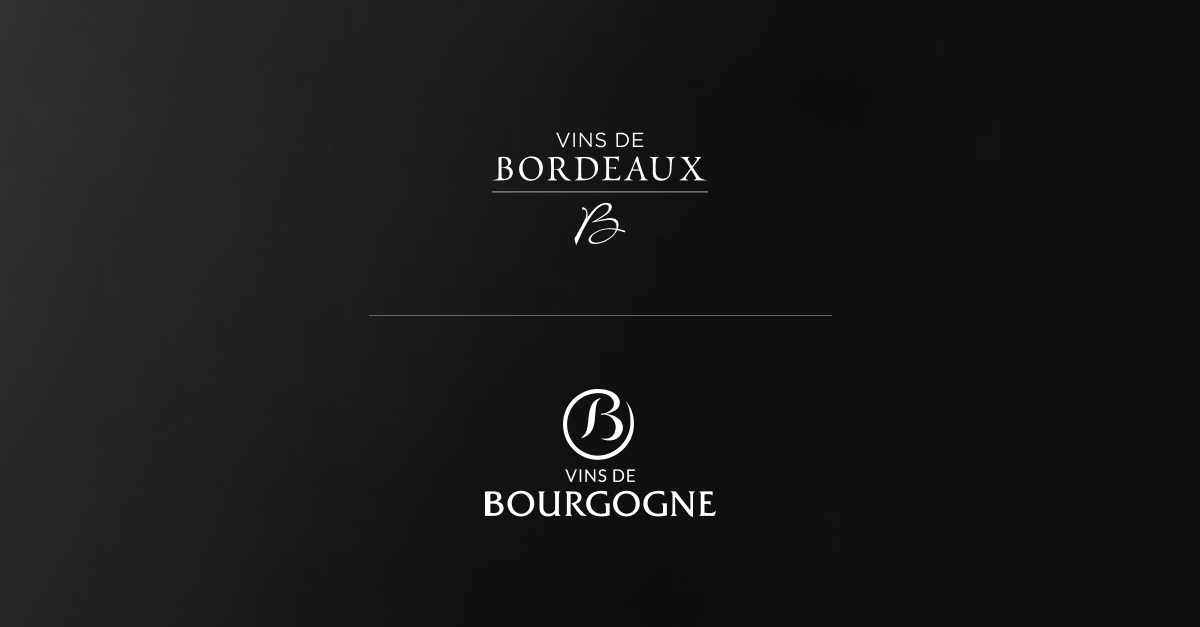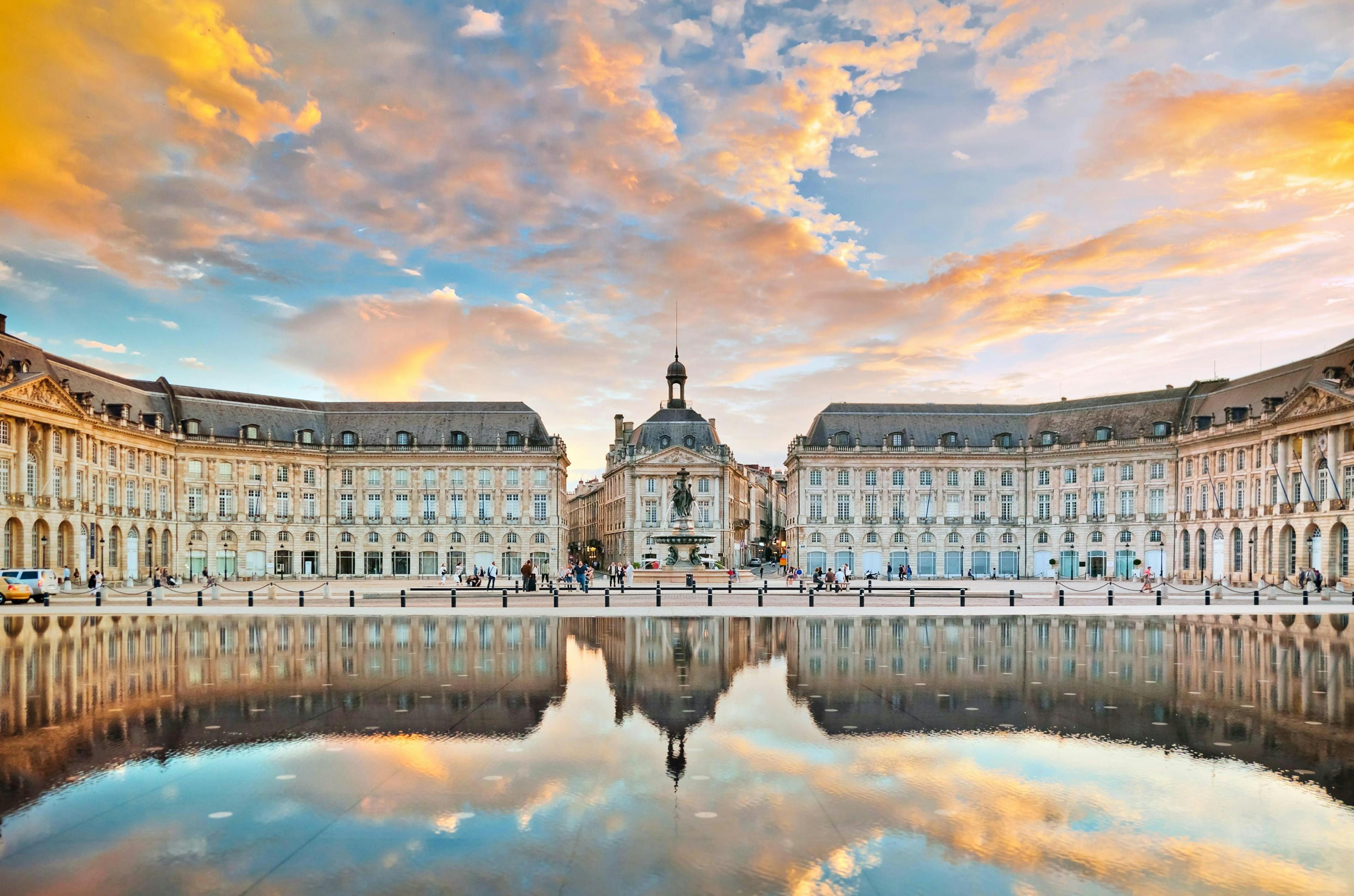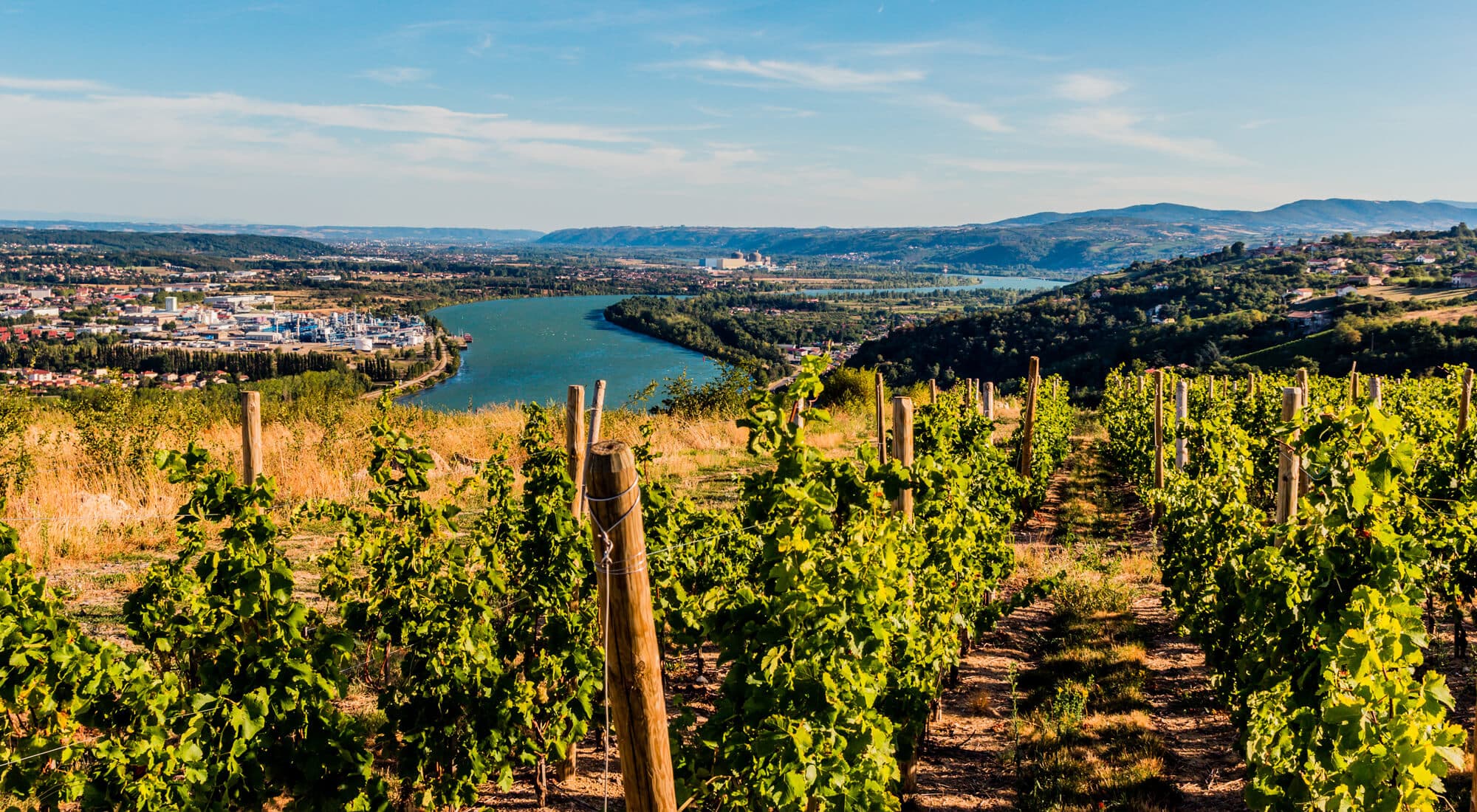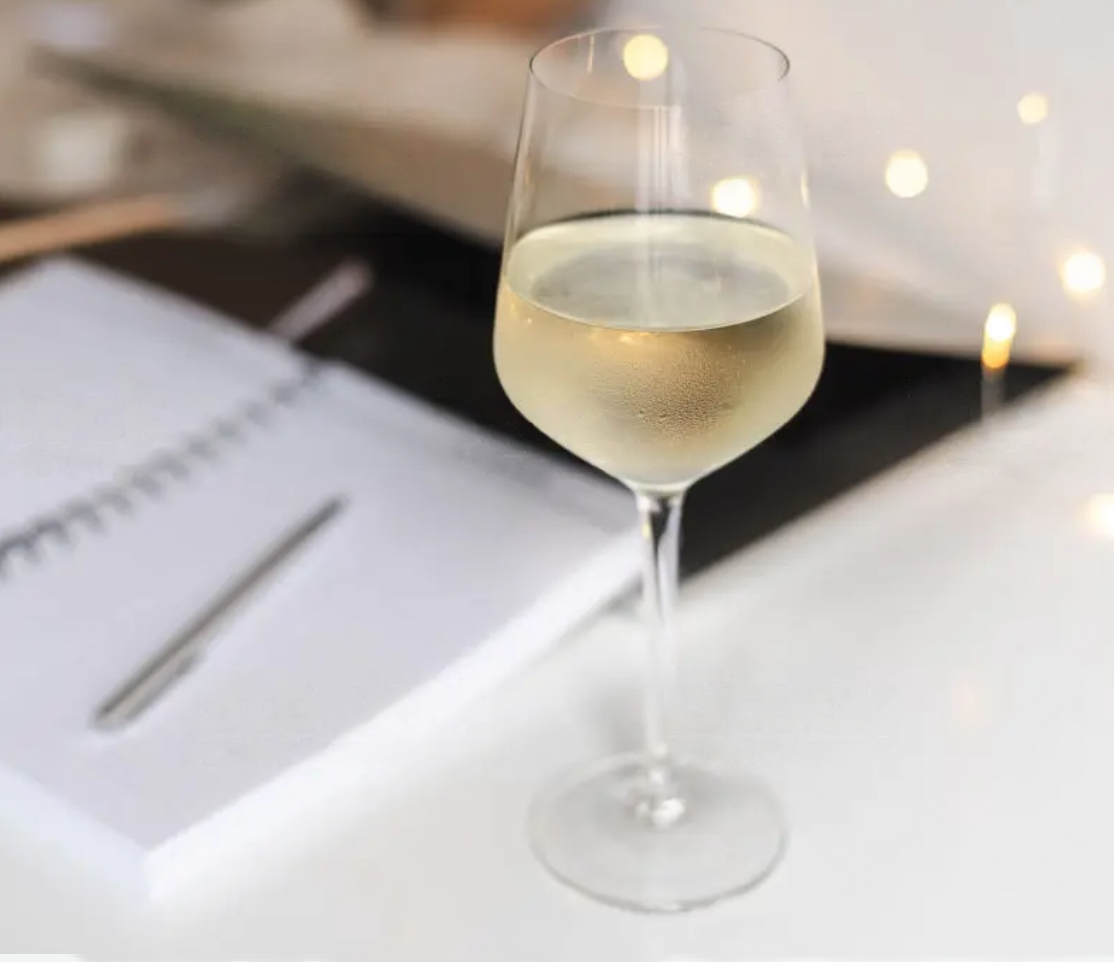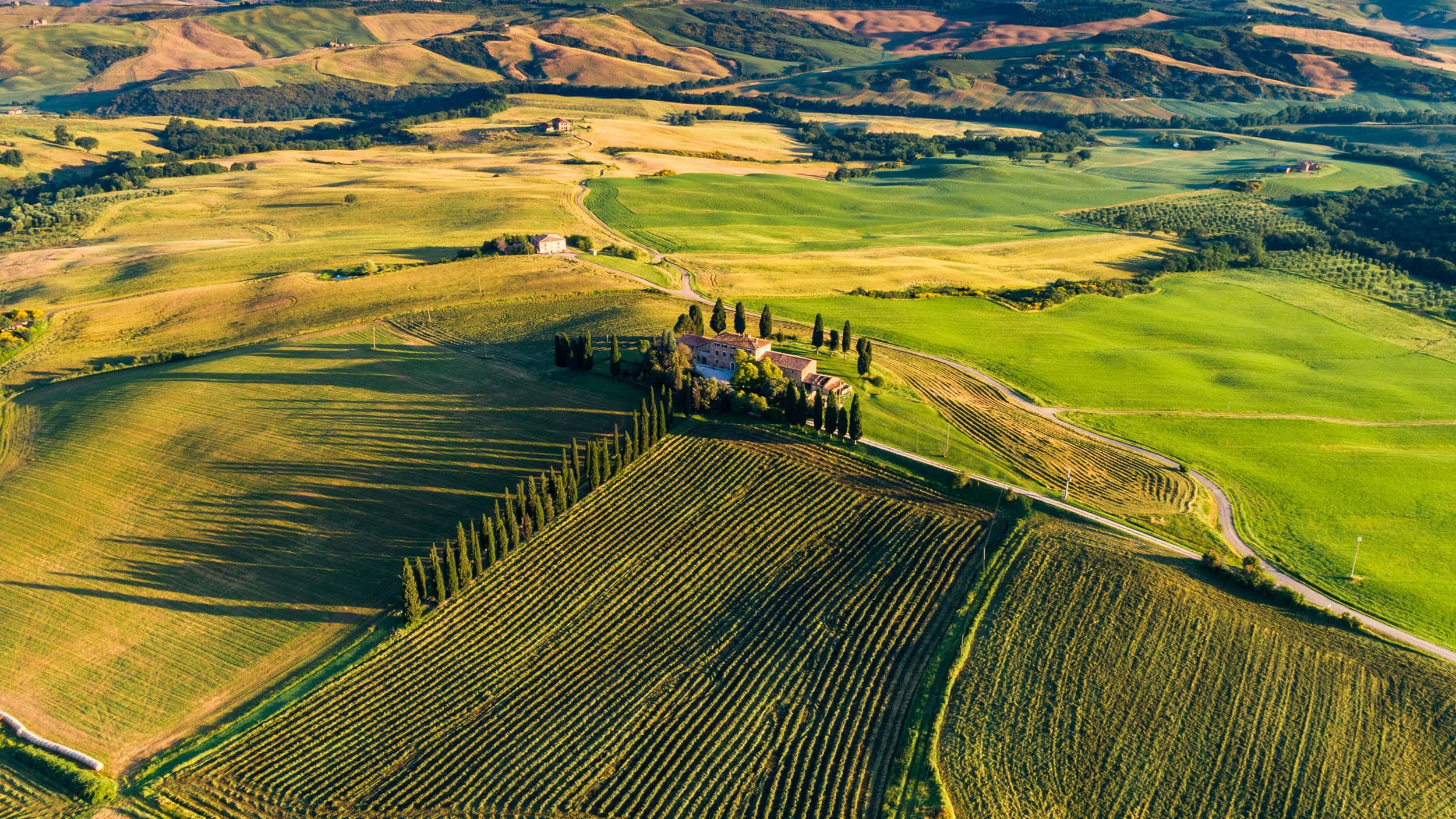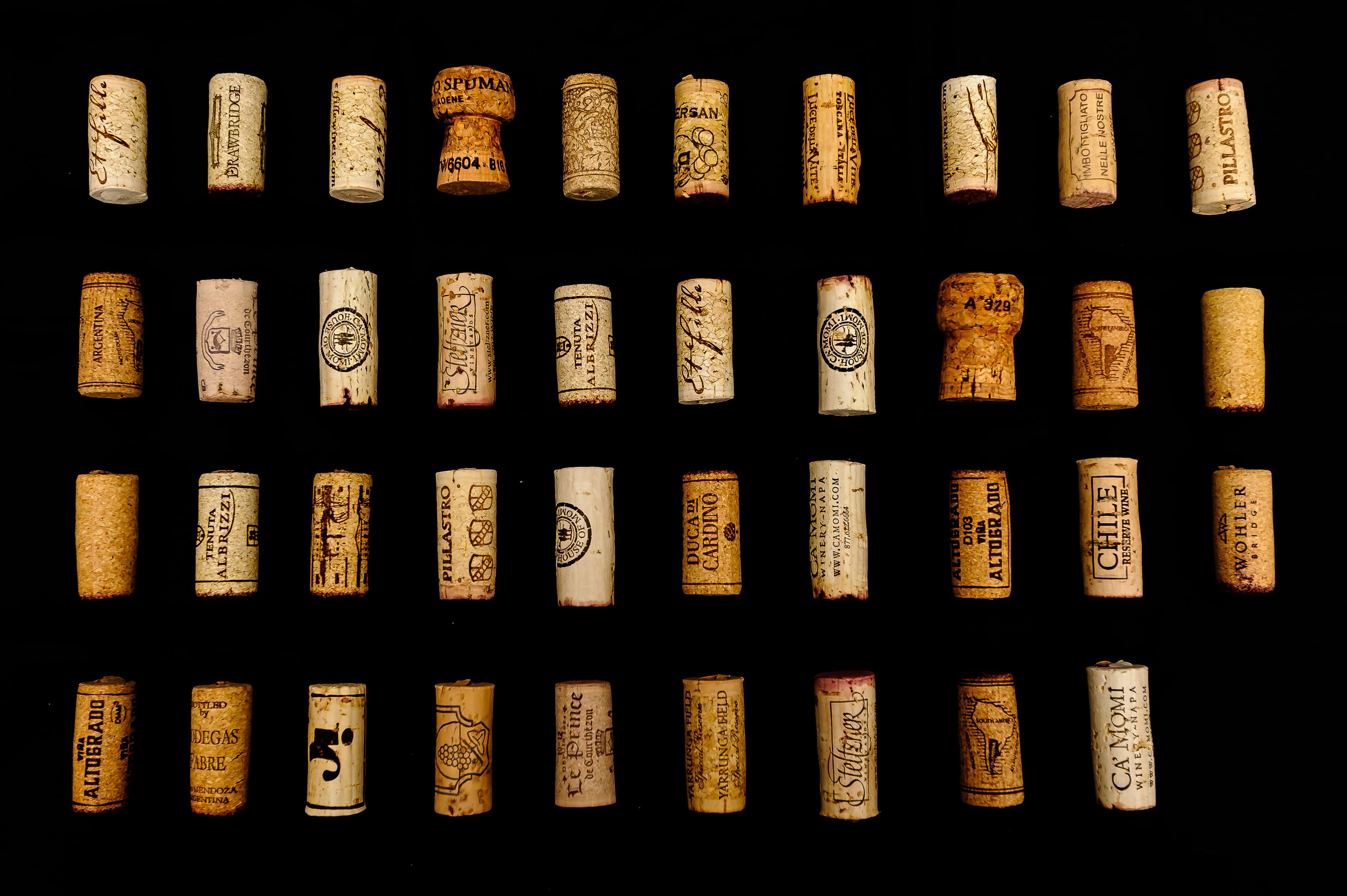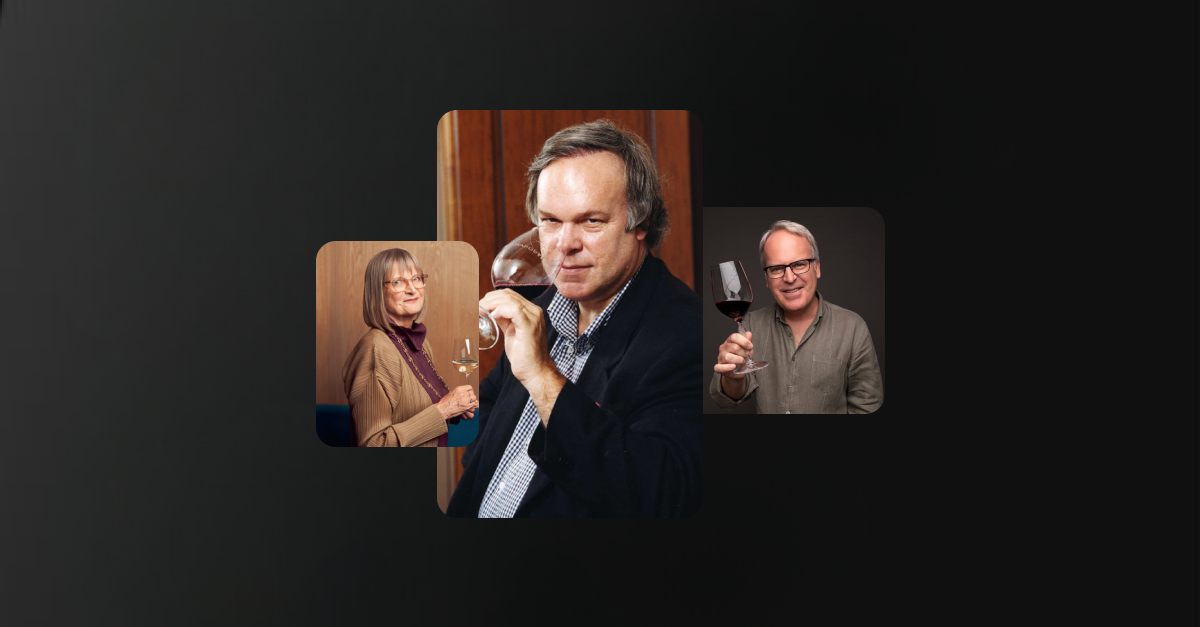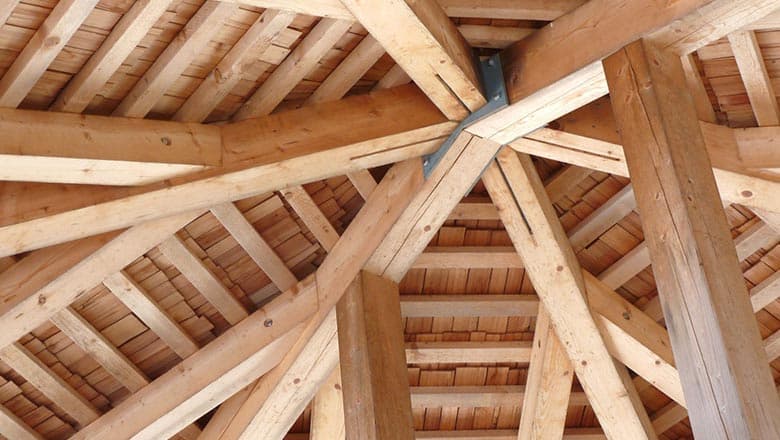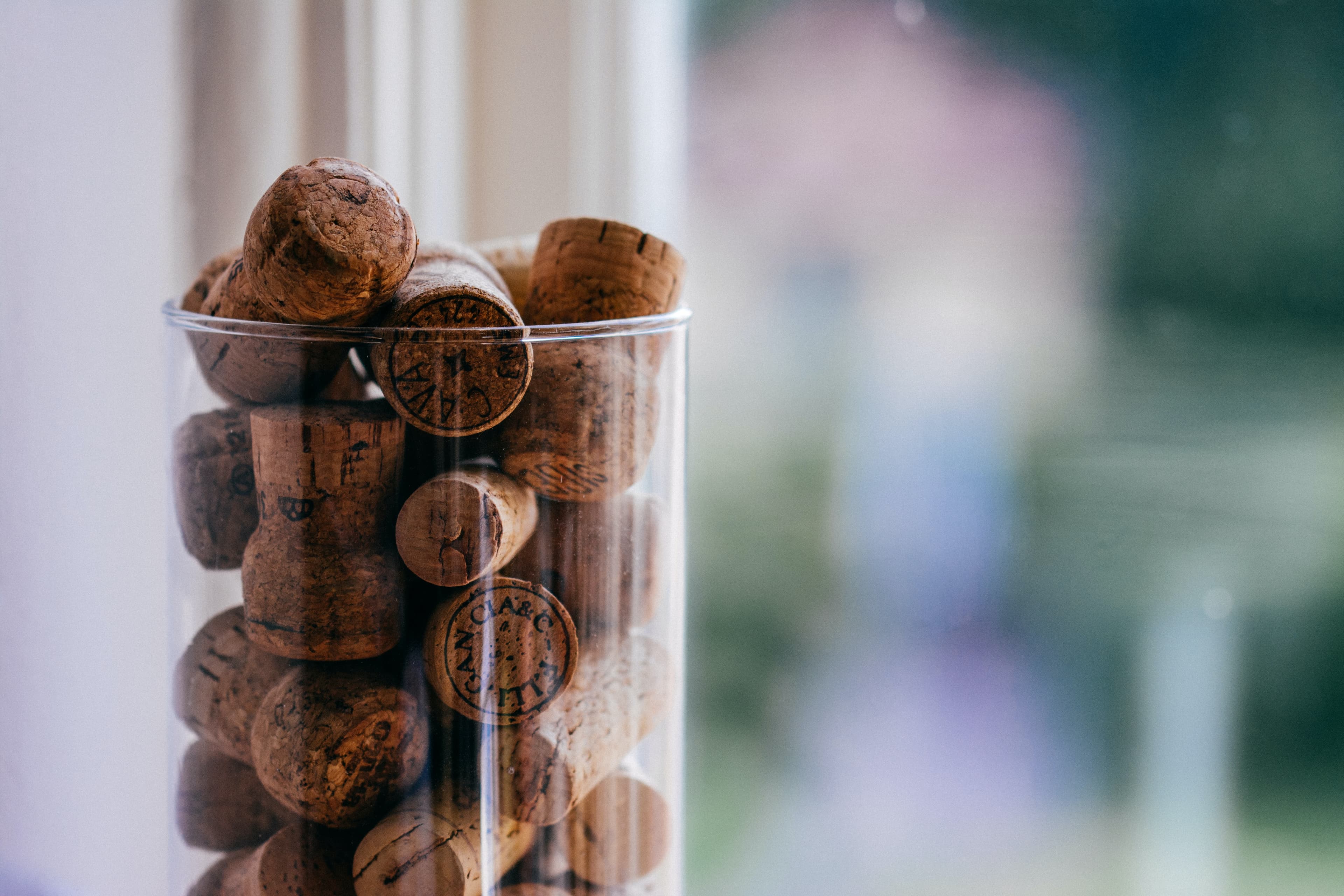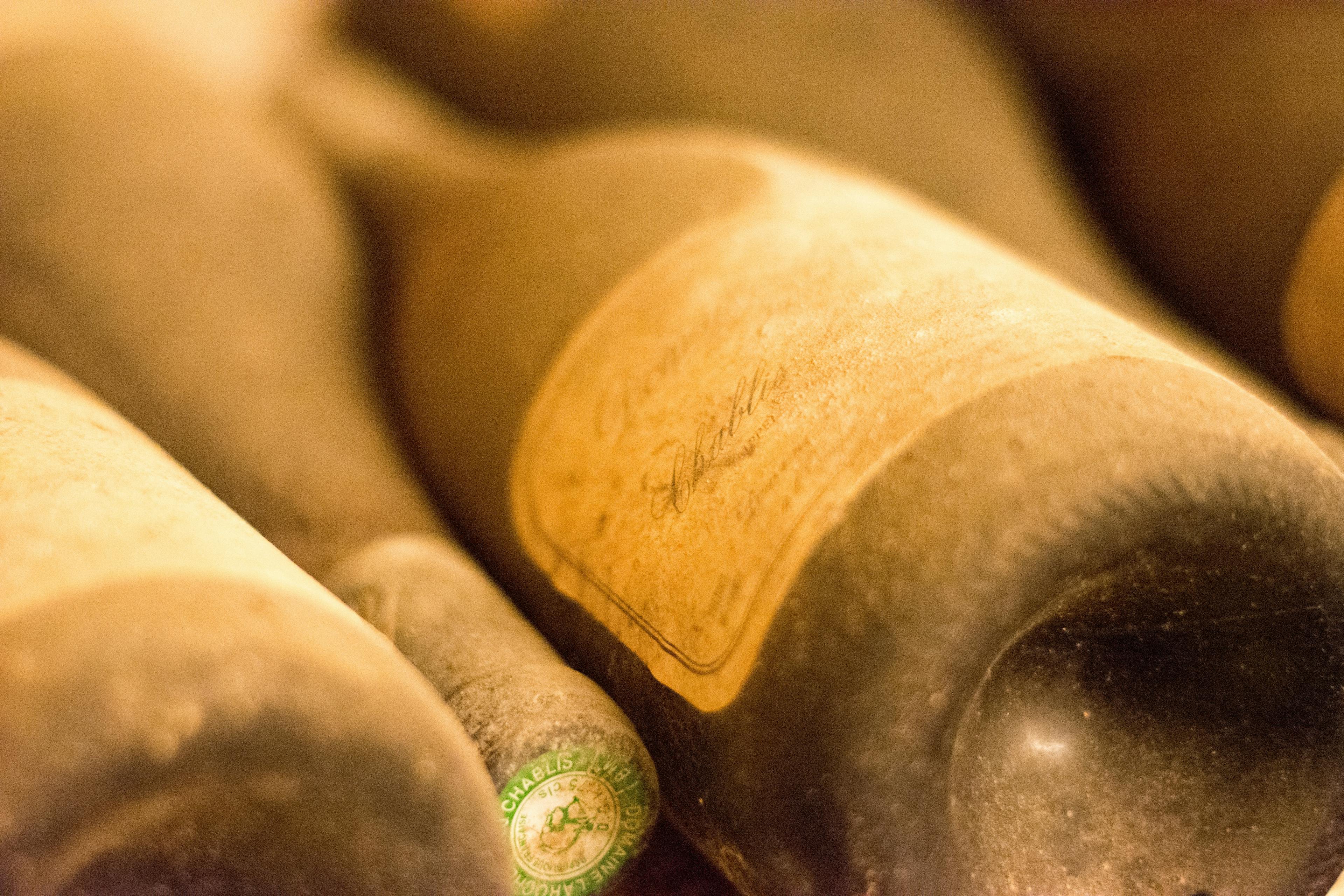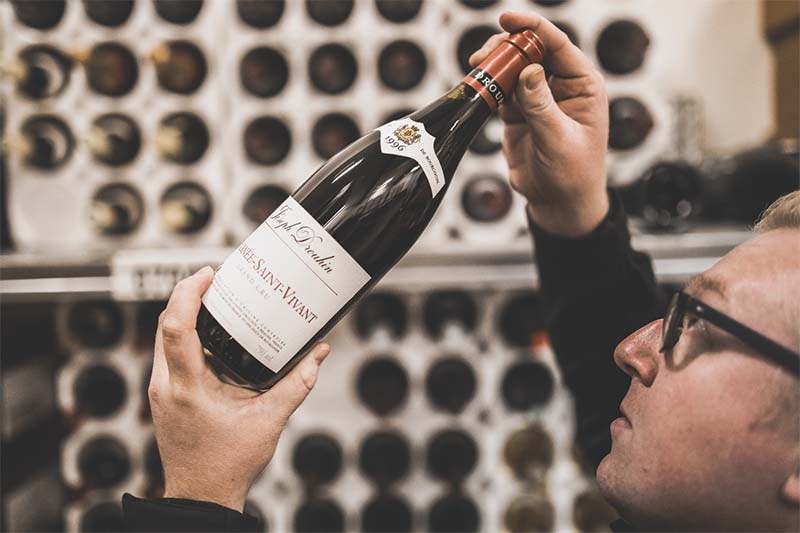
Château d'Yquem is a name that resonates with wine enthusiasts and connoisseurs around the world. This legendary wine estate, located in the Sauternes region of Bordeaux, France, is renowned for producing some of the finest sweet wines in the world. In this article, we delve into five fascinating facts about Château d'Yquem that highlight its unique history, production methods, and the mystique that surrounds it. From its storied past to the meticulous process of crafting its exquisite wines, Château d'Yquem stands as a testament to the art of winemaking. Whether you're a seasoned wine lover or a curious newcomer, these insights will deepen your appreciation for this iconic estate and its exceptional offerings. Join us as we explore the allure and legacy of Château d'Yquem, a true gem in the world of viticulture.
Facts About Château d'Yquem's Historical Acquisition
The acquisition of Château d'Yquem is a tale steeped in intrigue and historical significance. This renowned vineyard, located in the Sauternes region of Bordeaux, France, has a rich past that dates back to the 16th century. Initially, the estate was owned by the King of England, who also held the title of Duke of Aquitaine. However, the vineyard's journey to becoming a French treasure began in 1593 when Jacques Sauvage, a local nobleman, was granted feudal tenure over the land.
In 1711, the Sauvage family gained full ownership of the estate, marking a pivotal moment in its history. This transition allowed the family to invest in the vineyard's development, laying the groundwork for its future success. The estate's reputation for producing exceptional wines began to flourish under their stewardship. By the late 18th century, Château d'Yquem had already established itself as a premier wine producer, attracting the attention of wine connoisseurs across Europe.
The French Revolution brought about significant changes, but the estate managed to remain intact. In 1785, the property was acquired by the Lur-Saluces family through marriage, further solidifying its legacy. The Lur-Saluces family played a crucial role in elevating the estate's status, implementing innovative winemaking techniques that enhanced the quality of their wines. Their dedication to excellence ensured that Château d'Yquem maintained its prestigious reputation throughout the 19th and 20th centuries.
Today, Château d'Yquem is celebrated for its exquisite sweet wines, which are the result of meticulous craftsmanship and a deep respect for tradition. The estate's historical acquisition and subsequent development have left an indelible mark on the world of wine, making it a symbol of luxury and refinement. The story of Château d'Yquem's acquisition is not just a tale of ownership but a testament to the enduring legacy of one of the world's most iconic vineyards.
Facts Behind Château d'Yquem's Unique Wine Composition
Château d'Yquem's wine composition is a marvel of nature and human craftsmanship, resulting in a product that is both unique and highly sought after. The vineyard's location in the Sauternes region of Bordeaux, France, provides the perfect microclimate for producing its renowned sweet wines. The combination of morning mists and warm, sunny afternoons creates ideal conditions for the development of Botrytis cinerea, or noble rot, which is essential for the wine's distinctive flavor profile.
The grape varieties used in Château d'Yquem's wines are primarily Sémillon and Sauvignon Blanc. Sémillon, which makes up about 80% of the blend, contributes to the wine's rich texture and honeyed notes. Sauvignon Blanc, on the other hand, adds acidity and freshness, balancing the sweetness of the Sémillon. This blend results in a wine that is both complex and harmonious, with flavors ranging from apricot and honey to citrus and vanilla.
Harvesting at Château d'Yquem is a meticulous process, often requiring multiple passes through the vineyard to pick only the grapes affected by noble rot. This selective harvesting ensures that only the best grapes are used, contributing to the wine's exceptional quality. The fermentation process is equally precise, with the wine being aged in new oak barrels for up to three years, allowing it to develop its full range of flavors and aromas.
Storing Château d'Yquem properly is crucial to preserving its quality and enhancing its flavors over time. For those interested in learning how to store this exquisite wine safely, it is important to maintain a consistent temperature and humidity level. Proper storage conditions will ensure that the wine continues to mature gracefully, allowing its complex flavors to evolve and deepen.
The vineyard's unique microclimate is essential for noble rot development.
Sémillon and Sauvignon Blanc create a balanced and complex wine.
Selective harvesting ensures only the best grapes are used.
Aging in new oak barrels enhances the wine's flavor profile.
Proper storage is key to preserving and enhancing the wine's quality.
Facts on How Château d'Yquem Survived the French Revolution
The French Revolution was a tumultuous period that saw many estates and properties seized or destroyed. However, Château d'Yquem managed to survive this era relatively unscathed, thanks to a combination of strategic decisions and fortunate circumstances. One of the key factors in its survival was the ownership by the Lur Saluces family, who had strong ties to the local community and were able to navigate the political upheaval with skill and diplomacy.
During the Revolution, many aristocratic families faced the threat of losing their estates. The Lur Saluces family, however, maintained a low profile and avoided the wrath of revolutionary forces. Their ability to adapt to the changing political landscape was crucial. They were able to retain ownership of Château d'Yquem by aligning themselves with the new regime when necessary, while also preserving their traditional ties.
Another factor that contributed to the estate's survival was its reputation for producing exceptional wines. Even during times of political unrest, the demand for high-quality wine remained strong. Château d'Yquem's wines were highly sought after, which provided the estate with a steady source of income and helped protect it from financial ruin. The estate's ability to continue producing wine during this period was a testament to its resilience and the dedication of its workers.
The physical location of Château d'Yquem also played a role in its preservation. Situated in the Sauternes region, the estate was somewhat isolated from the main centers of revolutionary activity. This geographical advantage allowed it to avoid much of the violence and destruction that affected other parts of France.
In the years following the Revolution, Château d'Yquem continued to thrive, producing some of its most popular vintages. The estate's survival during such a challenging period is a testament to the foresight and resilience of its owners, as well as the enduring appeal of its wines.
Facts About Château d'Yquem's Role in World Events
Château d'Yquem, a renowned wine estate in the Bordeaux region of France, has played a significant role in various world events throughout history. Its reputation for producing exceptional sweet wines has made it a symbol of luxury and prestige, often featured in significant historical moments.
During the Congress of Vienna in 1815, which aimed to restore order in Europe after the Napoleonic Wars, Château d'Yquem was served to diplomats and dignitaries. This gathering of European powers was crucial in shaping the continent's political landscape, and the presence of Château d'Yquem underscored the importance of the event. The wine's inclusion highlighted its status as a beverage of choice for the elite and influential.
In the 20th century, Château d'Yquem continued to be associated with significant global events. It was reportedly served at the signing of the Treaty of Versailles in 1919, which officially ended World War I. The treaty's signing was a pivotal moment in world history, and the choice to serve Château d'Yquem at the event further cemented its reputation as a wine of distinction.
Château d'Yquem has also been a part of royal celebrations. It was served at the wedding of Queen Elizabeth II and Prince Philip in 1947, marking a momentous occasion in British history. The wine's presence at such a high-profile event demonstrated its enduring appeal and status as a symbol of elegance and sophistication.
Château d'Yquem was served at the Congress of Vienna in 1815.
It was reportedly served at the signing of the Treaty of Versailles in 1919.
The wine was part of the wedding celebration of Queen Elizabeth II and Prince Philip in 1947.
These instances illustrate how Château d'Yquem has been intertwined with world events, serving as a testament to its historical significance and enduring legacy.
Facts on Château d'Yquem's Exceptional Aging Potential
Château d'Yquem is renowned for its remarkable aging potential, a characteristic that sets it apart from many other wines. This exceptional longevity is attributed to several factors, including the unique terroir, meticulous production process, and the dedication to quality that defines the estate.
Unique Terroir: The vineyard's location in Sauternes, France, provides an ideal microclimate for producing wines with great aging potential. The combination of gravelly soil, gentle slopes, and the influence of the nearby Ciron and Garonne rivers creates a perfect environment for the development of noble rot, or Botrytis cinerea. This fungus concentrates the sugars and flavors in the grapes, contributing to the wine's complexity and ability to age gracefully over decades.
Meticulous Production Process: The winemaking process at Château d'Yquem is both labor-intensive and time-consuming, ensuring that only the highest quality grapes are used. Harvesting is done by hand, with pickers making multiple passes through the vineyard to select only the ripest grapes affected by noble rot. This attention to detail continues in the cellar, where the wine undergoes fermentation in new oak barrels and is aged for up to three years before release.
Dedication to Quality: The craftsmanship at Château d'Yquem is evident in every bottle. The estate's commitment to excellence means that production is limited, and only the best vintages are released. This dedication ensures that each bottle of Château d'Yquem has the potential to develop and improve over time, with some vintages capable of aging for over a century.
Chemical Composition: The wine's high sugar content and acidity play a crucial role in its aging potential. These elements act as natural preservatives, allowing the wine to maintain its freshness and complexity as it matures. Over time, the flavors evolve, revealing layers of honey, dried fruit, and spice, while the wine's texture becomes more opulent and silky.
Historical Legacy: Château d'Yquem's reputation for longevity is well-documented, with historical records showing that bottles from the 19th century are still drinkable today. This legacy of durability and excellence has cemented its status as one of the world's most prestigious wines, sought after by collectors and connoisseurs alike.
Facts About Château d'Yquem's Influence on Global Wine Culture
Château d'Yquem, a name synonymous with luxury and excellence, has left an indelible mark on global wine culture. Its influence extends far beyond the vineyards of Sauternes, shaping the way wine is perceived and appreciated worldwide. Here are some intriguing aspects of its impact:
Benchmark for Sweet Wines: Château d'Yquem is often regarded as the gold standard for sweet wines. Its unique production process, which involves the noble rot Botrytis cinerea, results in a wine that is both complex and harmonious. This has set a high bar for other sweet wine producers globally, inspiring them to strive for similar levels of quality and prestige.
Cultural Icon: The wine has become a cultural icon, frequently referenced in literature, film, and art. Its reputation for excellence has made it a symbol of sophistication and luxury, often associated with high society and special occasions. This cultural status has helped to elevate the perception of wine as an art form, rather than just a beverage.
Influence on Wine Tasting: The distinctive taste of Château d'Yquem has influenced the way wine tasting is approached. Its complex flavor profile, which includes notes of honey, apricot, and spices, encourages tasters to develop a more nuanced palate. This has led to a greater appreciation for the subtleties and intricacies of wine, fostering a more educated and discerning wine-drinking public.
Economic Impact: The high value of Château d'Yquem has had significant economic implications for the wine industry. It has demonstrated the potential for wines to be considered valuable investments, similar to fine art or rare collectibles. This has encouraged the growth of wine auctions and the development of wine investment portfolios, further integrating wine into the global economy.
Innovation in Winemaking: Château d'Yquem's commitment to quality and innovation has inspired winemakers around the world to experiment with new techniques and technologies. Its success has shown that meticulous attention to detail and a willingness to embrace innovation can lead to extraordinary results, encouraging a culture of continuous improvement in the wine industry.
These factors illustrate how Château d'Yquem has not only shaped the wine industry but also influenced broader cultural and economic trends. Its legacy continues to inspire and challenge wine enthusiasts and producers alike.
Facts on Château d'Yquem's Royal Connections and Legacy
Château d'Yquem, a name synonymous with luxury and excellence, boasts a rich history intertwined with royal connections and a legacy that has stood the test of time. This prestigious estate, located in the Sauternes region of Bordeaux, has been producing some of the world's most sought-after wines for centuries. Its royal connections date back to the 18th century when the estate was owned by the Sauvage family. In 1785, Françoise-Joséphine de Sauvage d'Yquem married Count Louis-Amédée de Lur-Saluces, further cementing the estate's noble ties.
The estate's reputation for excellence was solidified when Thomas Jefferson, the third President of the United States, visited Bordeaux in 1787. Jefferson, an avid wine enthusiast, was so impressed by Château d'Yquem that he ordered several cases for himself, recognizing its unparalleled quality. This endorsement from such a prominent figure helped elevate the estate's status on the international stage.
Château d'Yquem's legacy is also marked by its resilience. The estate has survived numerous challenges, including the phylloxera epidemic in the late 19th century and the economic hardships of the 20th century. Despite these obstacles, Château d'Yquem has maintained its reputation for producing exceptional wines, thanks to its unique characteristics and meticulous winemaking process.
The estate's commitment to quality is evident in its rigorous selection process. Only the finest grapes are chosen, and the wine is aged in new oak barrels for up to three years, resulting in a complex and exquisite flavor profile. This dedication to excellence has earned Château d'Yquem the distinction of being the only Sauternes wine to receive the Premier Cru Supérieur classification in the Bordeaux Wine Official Classification of 1855.
Château d'Yquem's royal connections and enduring legacy continue to captivate wine enthusiasts and collectors worldwide. Its storied history, combined with its commitment to producing wines of unparalleled quality, ensures that Château d'Yquem remains a symbol of luxury and prestige in the world of fine wines.
Facts Behind Château d'Yquem's Production Techniques and Innovations
Château d'Yquem, a name synonymous with luxury and excellence, is renowned for its unique production techniques and innovative approaches. The vineyard, located in the Sauternes region of Bordeaux, France, has a rich history of winemaking that dates back centuries. One of the most fascinating aspects of Château d'Yquem's production is its meticulous grape selection process. Each grape is handpicked, often requiring multiple passes through the vineyard to ensure only the ripest and most perfect grapes are chosen. This labor-intensive method is crucial for producing the high-quality wine that Château d'Yquem is famous for.
Another innovative technique employed by Château d'Yquem is the use of noble rot, or Botrytis cinerea. This beneficial fungus concentrates the sugars in the grapes, resulting in the sweet, complex flavors that characterize their wines. The presence of noble rot is unpredictable and requires a perfect balance of weather conditions, making each vintage unique and highly sought after.
Château d'Yquem also stands out for its aging process. The wine is aged in new oak barrels for up to three years, allowing it to develop its signature depth and complexity. This extended aging period is longer than most other wines, contributing to its exceptional quality and longevity.
Sustainability is another key aspect of Château d'Yquem's production techniques. The vineyard employs environmentally friendly practices, such as organic farming and minimal intervention, to preserve the natural ecosystem and ensure the long-term health of the vines. These practices not only benefit the environment but also enhance the quality of the wine.
For those interested in enjoying Château d'Yquem, understanding these production techniques and innovations adds an extra layer of appreciation. The dedication to quality and tradition, combined with a willingness to embrace new methods, ensures that Château d'Yquem remains a leader in the world of fine wines. Whether you are a seasoned connoisseur or a curious newcomer, the story behind each bottle of Château d'Yquem is as rich and complex as the wine itself.
Facts About Château d'Yquem's Impact During World War II
During World War II, Château d'Yquem, like many other historic estates, faced significant challenges. The war's impact on the vineyard was profound, yet the estate managed to preserve its legacy and continue producing its renowned wines. Here are some intriguing facts about Château d'Yquem's resilience and influence during this tumultuous period:
Preservation Efforts: Despite the war's chaos, the estate's owners took meticulous steps to protect their precious vines and cellars. They implemented strategies to safeguard their wine stocks from potential looting and destruction, ensuring that the legacy of Château d'Yquem would endure.
Production Challenges: The war brought about severe labor shortages, as many workers were conscripted into military service. This scarcity of manpower made it difficult to maintain the vineyards and produce wine at pre-war levels. Nevertheless, the estate adapted by employing innovative techniques and relying on the dedication of the remaining staff.
Cultural Significance: Château d'Yquem's wines were not only a symbol of luxury but also a representation of French cultural heritage. During the occupation, the estate's wines were highly sought after by both occupying forces and the French elite, highlighting their enduring appeal and significance.
Post-War Revival: After the war, Château d'Yquem faced the challenge of rebuilding and restoring its operations. The estate's commitment to quality and tradition allowed it to recover and eventually thrive, continuing to produce wines that are celebrated worldwide.
Enduring Legacy: The resilience of Château d'Yquem during World War II contributed to its lasting reputation as a producer of exceptional wines. Today, the estate's wines are often enjoyed with carefully selected food pairings, enhancing their complex flavors and rich history.
These facts illustrate the remarkable endurance and cultural importance of Château d'Yquem during one of history's most challenging periods. The estate's ability to navigate the difficulties of war and emerge with its reputation intact is a testament to its enduring legacy in the world of fine wine.
Facts on Château d'Yquem's Recognition as a Luxury Wine Brand
Château d'Yquem stands as a pinnacle of luxury in the world of wine, renowned for its exceptional quality and historical significance. This prestigious estate, located in the Sauternes region of Bordeaux, France, has earned its reputation through centuries of meticulous winemaking and dedication to excellence.
Premier Cru Supérieur Status: Château d'Yquem is the only wine to hold the Premier Cru Supérieur classification, a testament to its unparalleled quality. This distinction was awarded during the 1855 Bordeaux Wine Official Classification, highlighting its superiority over other wines in the region.
Longevity and Aging Potential: One of the hallmarks of Château d'Yquem is its remarkable aging potential. These wines can age gracefully for over a century, developing complex flavors and aromas that continue to captivate connoisseurs. This longevity is a key factor in its recognition as a luxury brand, as collectors and enthusiasts seek out older vintages for their unique characteristics.
Meticulous Production Process: The production of Château d'Yquem is a labor-intensive process that involves hand-picking grapes at the perfect moment of ripeness. The vineyard's unique microclimate, combined with the careful selection of grapes affected by noble rot (Botrytis cinerea), contributes to the wine's distinctive sweetness and complexity. This attention to detail ensures that each bottle meets the high standards expected of a luxury wine.
Limited Production and Exclusivity: Château d'Yquem's exclusivity is further enhanced by its limited production. The estate produces only a small quantity of wine each year, making it a rare and sought-after commodity. This scarcity, coupled with its reputation for quality, elevates its status as a luxury brand in the wine market.
Historical Significance and Legacy: The history of Château d'Yquem dates back to the 16th century, and its legacy is intertwined with the rich cultural heritage of Bordeaux. Over the years, it has been favored by royalty and dignitaries, further cementing its status as a symbol of luxury and refinement. The estate's commitment to preserving its traditions while embracing modern techniques ensures that Château d'Yquem remains at the forefront of the luxury wine industry.
Château d'Yquem's recognition as a luxury wine brand is a result of its exceptional quality, historical significance, and the meticulous care taken in its production. These factors combine to create a wine that is not only a symbol of luxury but also a testament to the art of winemaking.
Conclusion
In conclusion, Château d'Yquem stands as a testament to the artistry and dedication that define the world of fine wines. Its rich history, unique terroir, and meticulous production process contribute to its status as one of the most revered wines globally. The fascinating facts about Château d'Yquem not only highlight its exceptional quality but also underscore the passion and expertise that go into every bottle.
For wine enthusiasts and collectors, owning a bottle of Château d'Yquem is akin to possessing a piece of vinicultural history. Its ability to age gracefully over decades makes it a prized addition to any collection, offering both a sensory delight and a potential investment opportunity. This is where Rekolt's services come into play, providing an ideal solution for those looking to preserve and potentially trade their valuable wines.
Rekolt's professional cellar storage ensures that wines like Château d'Yquem are kept in optimal conditions, maintaining their quality and value over time.
The platform's trading options offer wine collectors the flexibility to resell their wines, capitalizing on market demand and the wine's appreciation in value.
By choosing Rekolt, wine enthusiasts can enjoy peace of mind, knowing their treasured bottles are in expert hands, ready to be savored or sold at the perfect moment.
Ultimately, whether you're a seasoned collector or a budding oenophile, understanding the allure of Château d'Yquem and leveraging Rekolt's services can enhance your wine journey, offering both enjoyment and investment potential.
Share this article
